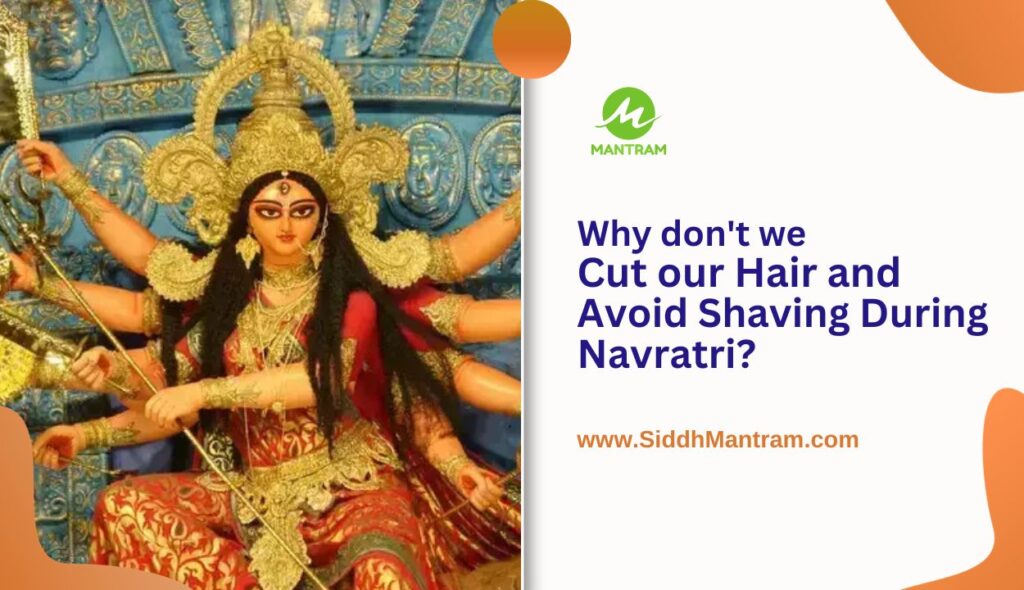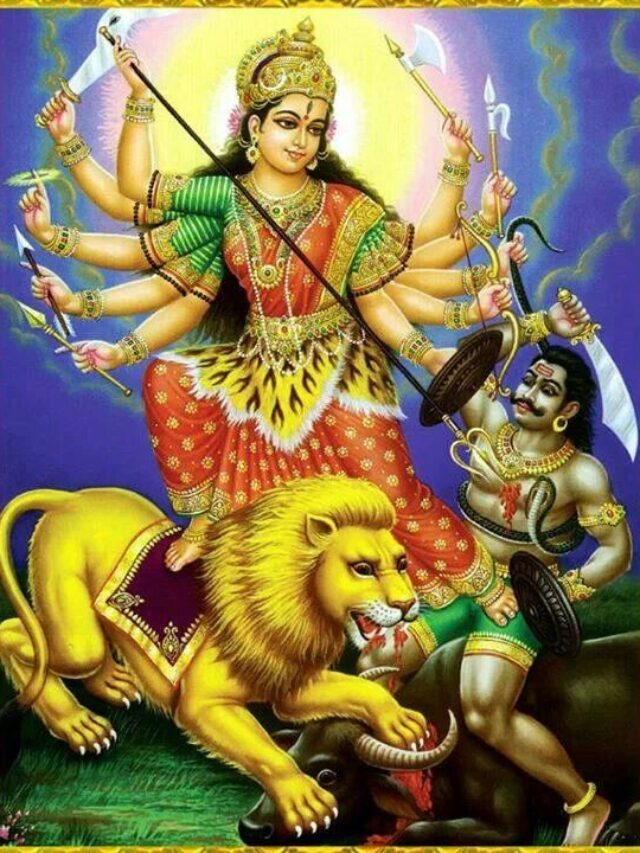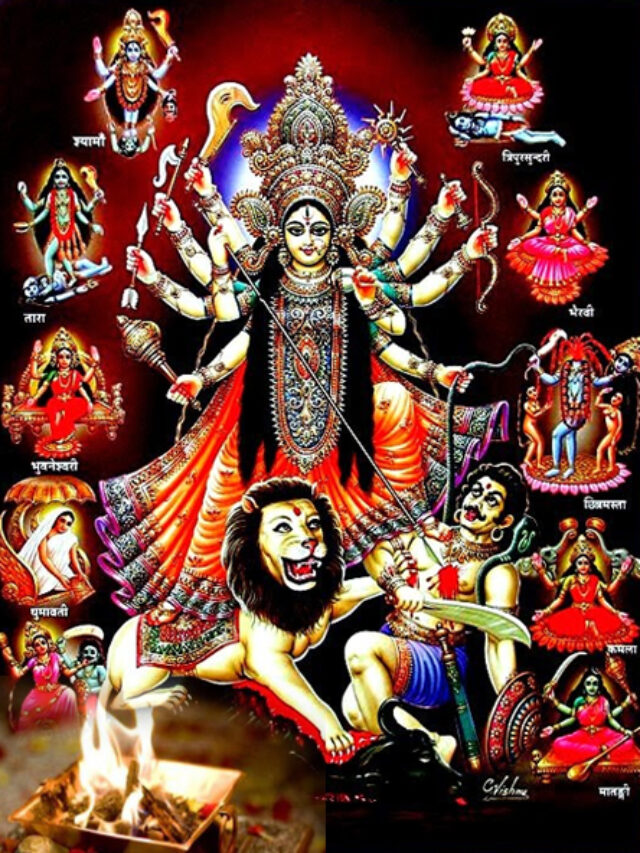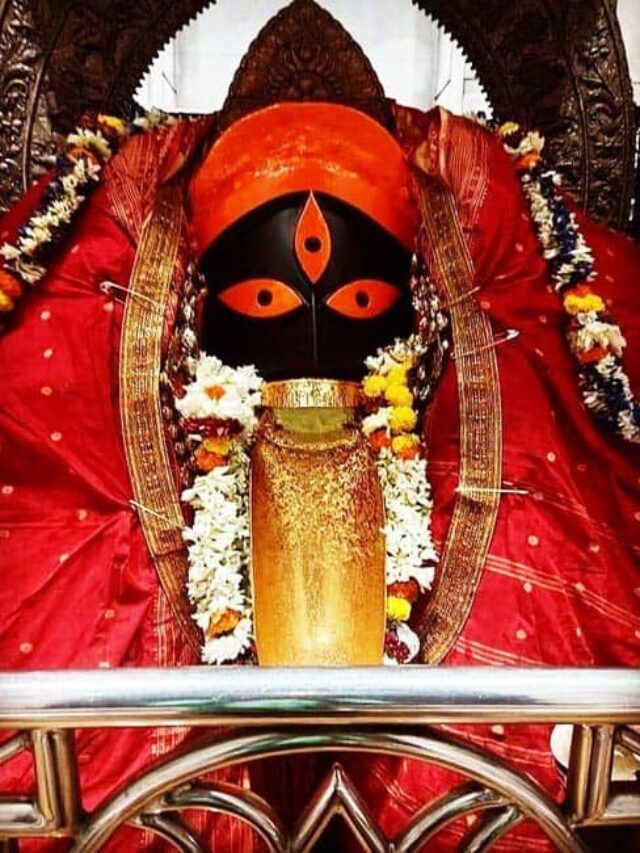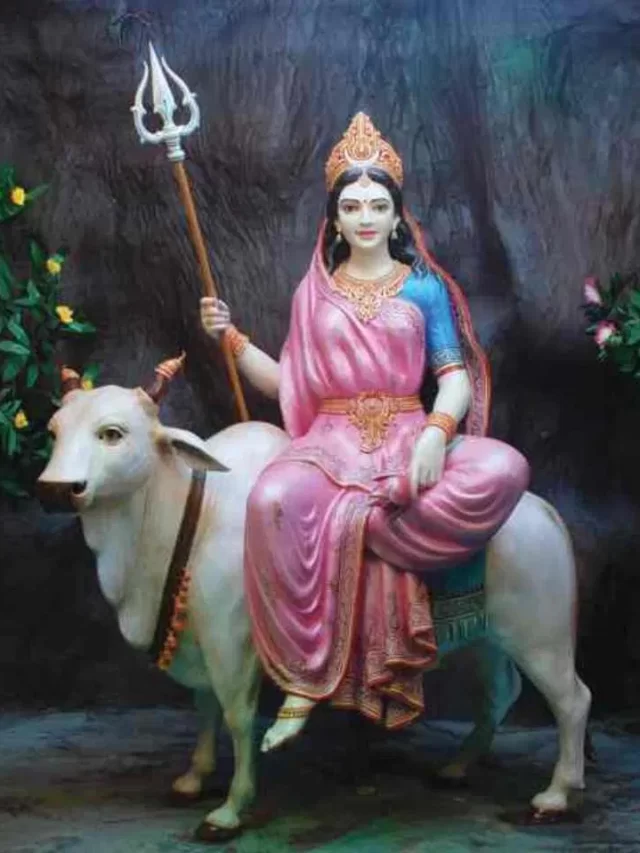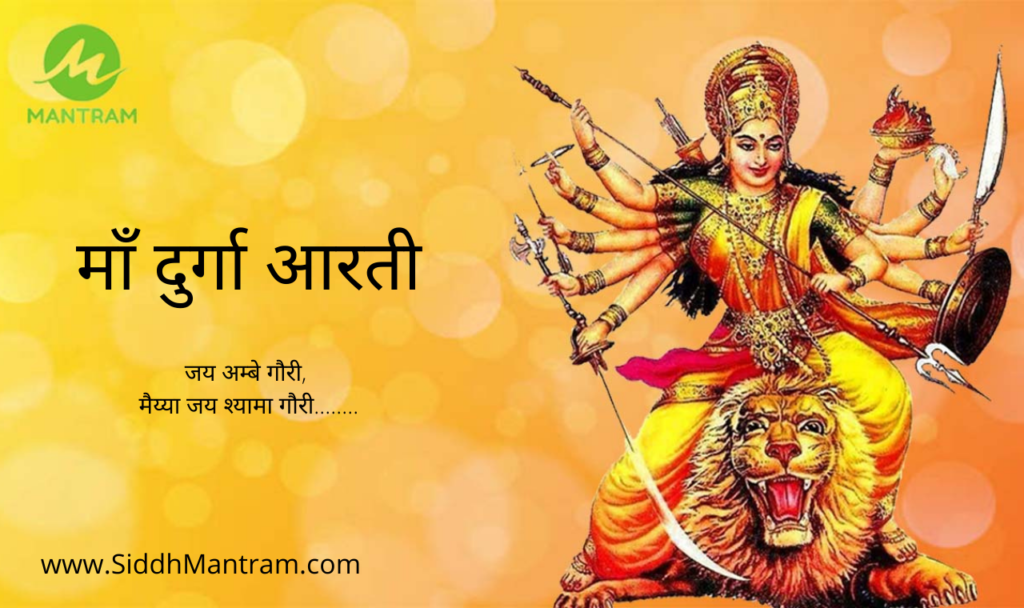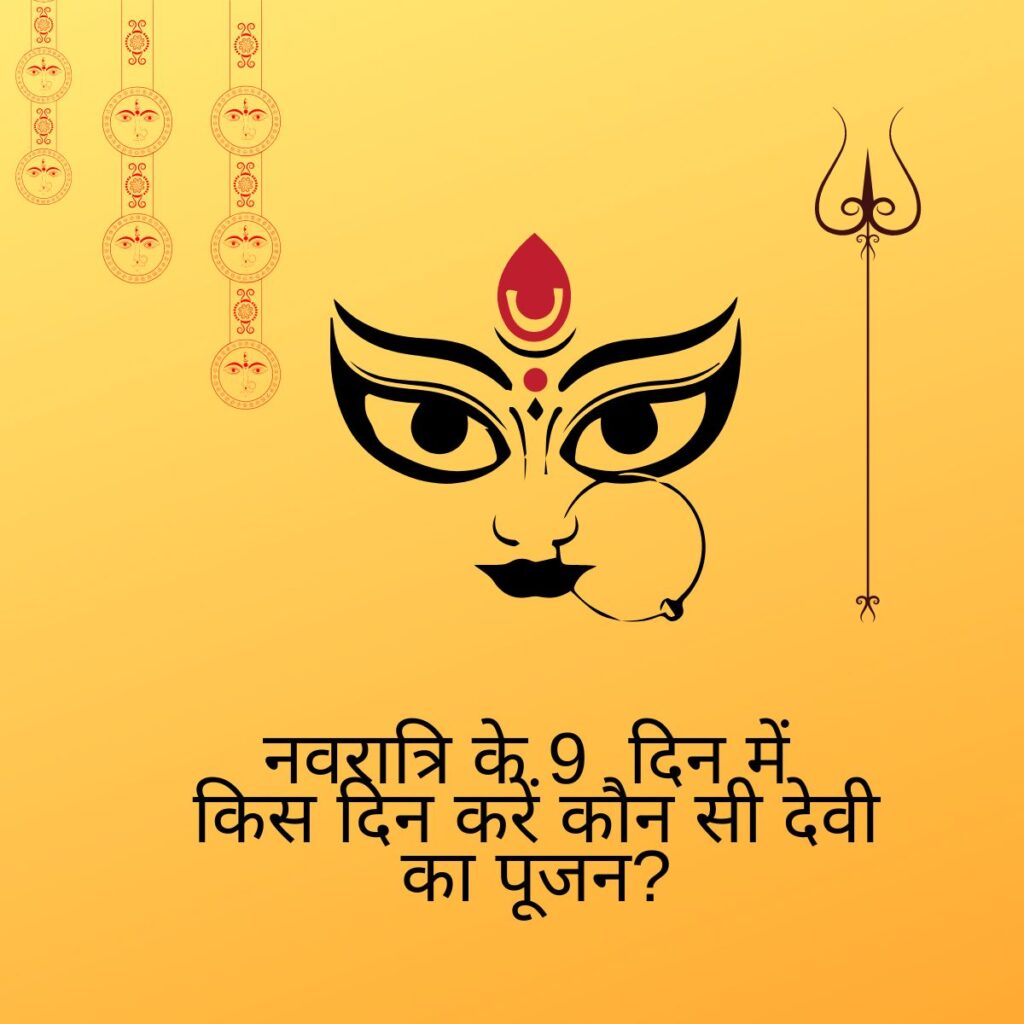During Navratri, why don’t we cut our hair or avoid shaving? In Hinduism, Navratri is a nine-day festival dedicated to the worship of Goddess Durga and her various forms.
Navratri is a significant Hindu festival celebrated annually with great fervor throughout the country, occurring in the Hindu calendar month of Ashvina.
The term “Navratri” is etymologically derived from two Sanskrit words: “Nava,” signifying nine, and “Ratri,” signifying night.
During this festival, some people have the tradition of not cutting their hair or avoiding shaving.
There are several reasons for following this practice:
Symbolic Significance
In Hindu culture, a person’s hair and nails are considered symbols of ego or personality. By refraining from cutting hair and nails during Navratri, it is believed that a person can better focus on spiritual practices and dedicate their ego to the Divine.
Self-Discipline
Navratri is a time for austerity and self-discipline, and avoiding personal grooming is one way to practice self-control.
Honoring the Goddess
In Hinduism, Goddess Durga is worshiped as the embodiment of power or divine energy. By not cutting their hair or nails, devotees show their respect for the Goddess and accept her strength.
Astrological Significance
According to some astrological beliefs, cutting hair or nails during specific planetary positions can have negative effects on a person’s life. Avoiding these practices during Navratri is seen as a way to shield oneself from any adverse influences.
Here are the other thing we should not do during Navratri –
No Non-Vegetarian Food: Non-vegetarian foods, garlic, onions, and alcohol should be avoided during the nine days of Navratri.
Inauspicious to Cut Lemon: Cutting or slicing lemons is considered inauspicious during Navratri, especially for those fasting. You can use pre-cut lemon juice but avoid cutting at home.
Consume Sattvic Food: The purpose of fasting during Navratri is to detoxify the body, so consume sattvic (pure) food with less oil and spices. Fried foods should be avoided.
Don’t Starve: While fasting, it’s important not to starve. Have small meals throughout the day to maintain your energy.
Avoid Afternoon Sleep: According to the Vishnu Puran, avoid sleeping in the afternoon during Navratri as it is believed to nullify the benefits of fasting.
Keep Akhand Jyoti Burning: If you light an Akhand jyoti (eternal lamp), ensure it stays lit. Regularly check and add ghee to it, and ensure someone is present to maintain it.
Avoid Leather Products and Dirty Clothes: People fasting during Navratri should avoid wearing leather products like belts and shoes. Wearing dirty clothes is also considered inauspicious.
Take Care of Kalash: If you keep a kalash (holy pot) in your house, ensure it is well taken care of. Neglecting it is discouraged.
Maintain Peace and Avoid Arguments: Maintain peace and avoid arguments or violence during Navratri. The festival is a time for divine blessings, and peace is conducive to receiving them.
Minimize Luxuries: Minimize luxuries during fasting. Sleeping on the floor (Bhoomi Shayan) is recommended as it fosters humility and physical well-being.
In summary,
Avoiding haircuts and shaving during Navratri is considered a way to show respect for the Goddess, focus on spiritual practices, practice self-discipline, and protect oneself from potential negative influences during the festival.
During Navratri, adhering to the prescribed guidelines for what to avoid serves as a means to enhance the spiritual experience, maintain purity, and seek divine blessings.
These practices, which encompass dietary choices, personal grooming, and harmonious conduct, reflect the reverence and devotion that devotees show towards the goddess during this auspicious period.

